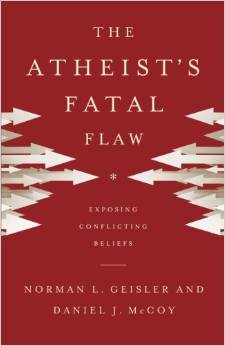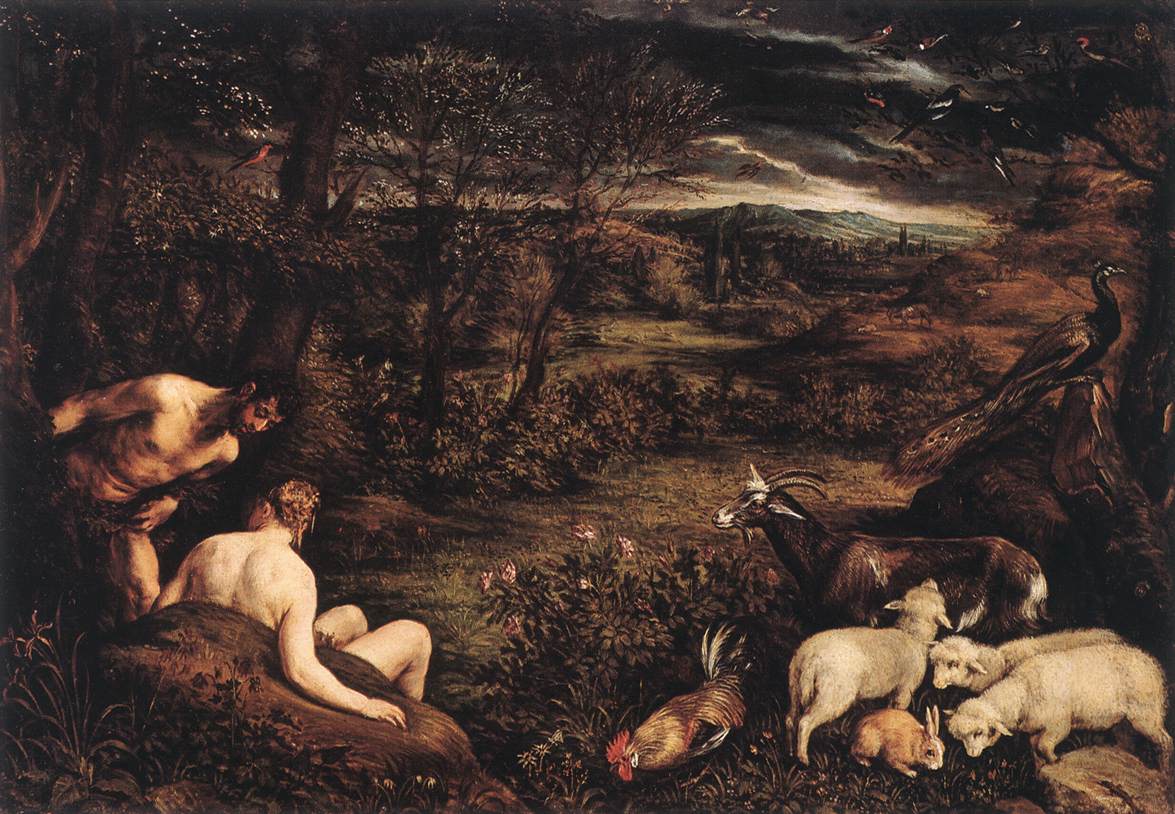If there is a God then why doesn’t he show up more often? Granted, many believers claim that God seems clear and present to their hearts and minds. They perceive his presence in creation and conscience or feel his care and forgiveness. Some scholars even claim that they can demonstrate God’s existence to the fair minded inquirer. But his reality remains a subject of controversy; so some atheists contend that God could not remain hidden if he was real. Surely a God of limitless, loving power could not remain silent to so many given the suffering of the human race?
 The Atheist’s Fatal Flaw is a brilliant, thought-provoking response to this problem. The authors do not merely grapple with the logic of the atheist’s worldview, but also uncover conflicting desires within the heart of atheism. Demonstrating a remarkable knowledge of academic and popular atheistic texts, they uncover two prominent arguments against Christian theism, which are not only popular, but which have had remarkable longevity. Atheism’s “fatal flaw” is that these two arguments contradict one another; one person cannot hold both simultaneously.
The Atheist’s Fatal Flaw is a brilliant, thought-provoking response to this problem. The authors do not merely grapple with the logic of the atheist’s worldview, but also uncover conflicting desires within the heart of atheism. Demonstrating a remarkable knowledge of academic and popular atheistic texts, they uncover two prominent arguments against Christian theism, which are not only popular, but which have had remarkable longevity. Atheism’s “fatal flaw” is that these two arguments contradict one another; one person cannot hold both simultaneously.
The first argument for atheism is the “problem of moral evil”. If God is good, he would want to prevent human cruelty; if God is all powerful, he could prevent human cruelty; but human cruelty exists; therefore, there is no God. The logic of the argument is not compelling – after all, an all-powerful, omniscient God might have reasons that we cannot comprehend. Or human cruelty might be a consequence of human free-will. But when we survey the scale of histories killing fields, the argument carries significant emotional force. There is a strong desire for God to intervene, to fix everything. When he does not, we retaliate with unbelief.
However, there is a second argument against Christianity, which runs from the classic complaints of Marx and Nietzsche to the ridiculous rants of Hitchens and Harris. Many atheists actively oppose Christianity, because they reject the very idea of a God who wants to intervene in our hearts, and who will intervene in our world. If the Christian God issues commands, he is a tyrant. If God demands submission, he is selfish. If he wants our trust, he wants to keep us infantile. A good God would not transform us morally, because this would robs us of our freedom; and human dignity depends on our freedom.
Nietzsche, for example, condemned the man of faith because:
The man of faith, the believer of any sort, is necessarily a dependent man – such a man cannot posit himself as a goal, nor can he find goals within himself. The ‘believer’ does not belong to himself; he can only be a means to an end” The Antichrist
Such atheists even reject the vision of heaven on Earth. They argue that this would be a celestial dictatorship, in which the faithful were bribed into obedience and the unfaithful terrified into conformity. It follows, of course, that atheists would not have been at home in Eden. In his Atheist Manifesto Michael Onfray praises Eve who rejected the Tree of Life and chose the Tree of Knowledge – “who opted for intelligence at risk of death.” The serpent become the agent of our liberation in this reading of the creation narratives.
Onfray should read them again. The serpent did not offer science or wisdom or insight; in fact, it was God who insists that Eve and her husband should explore a Garden of unimaginable size and know the animals so that each could receive an appropriate name. To “know” someone or something demanded personal, intimate experience: so the serpent offered intimacy with good and evil. Furthermore, to be free Eve must malign her creator that God was a liar with dark desires:
God knows that in the day you eat of it your eyes will be opened and you will be like God, knowing good and evil.
According to the serpent, God knows – is intimately acquainted with – evil. Eve is asked to believe that her universe has no moral foundation; that good and evil are two sides of the one coin; only then can she become like a god. Far from affirming human dignity, the serpent contends that it is not enough for her to be human or even to be good. We should aspire to be something more – something less dependent, with greater power and freedom. From this perspective it is easy to see the meaning of the fall. In our primeval past the human race decided Eden was not sufficient and went into voluntary exile. In every subsequent generation, collectively and individually, we have affirmed this choice.
To achieve the freedom that Adam sought we cannot let God be God; we cannot allow God to touch world or conscience. If God should intervene continually to relieve us we should be forced to admit our dependence on him; we would be slaves to a heavenly patron. If God should programme obedience into our hearts we would be automata – and humans cannot be dignified if they are not free. Such atheism demands God’s absence; yet it insists that a good God create a world without evil. But the atheist cannot have it both ways. If we demand freedom from God we should not be surprised if he lets us suffer the consequences.
Hitchens famously condemned heaven as a spiritual North Korea; Salman Rushdie advises that if we can imagine that there’s no heaven, then the sky above us becomes the limit. They affirm Adam’s choice – yet their laments for the agony of the human race reveal that they also suffer Adam’s exile.

